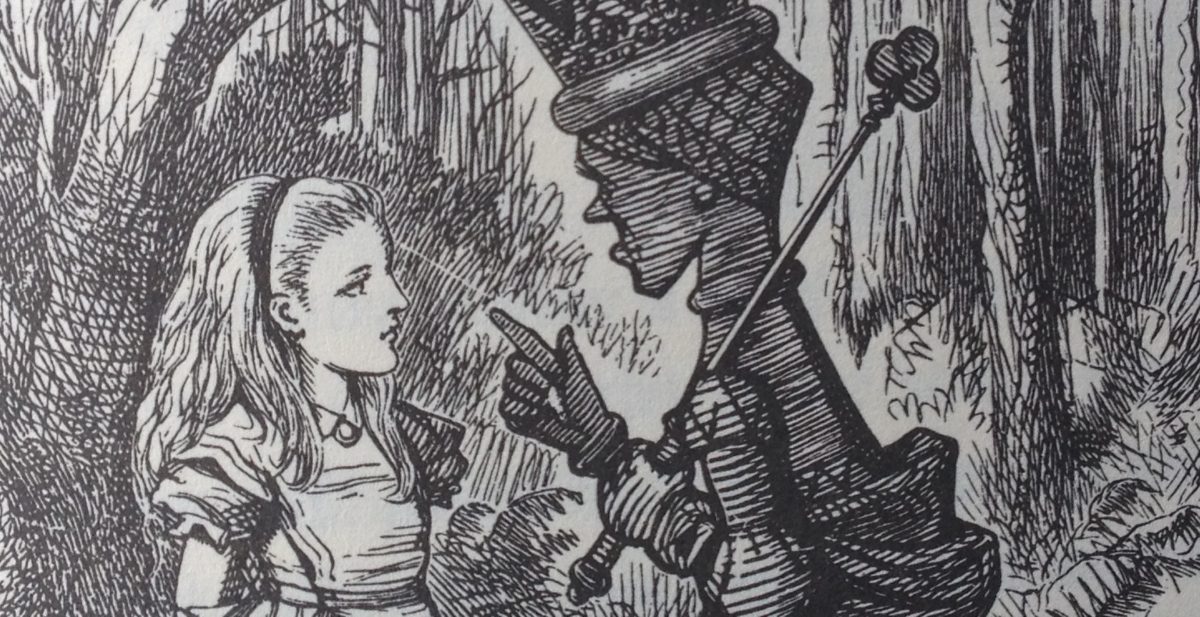A craft is “a pastime (…) that requires particular skills and knowledge of practiced work”. The whole of craft also includes perceiving what the untrained observer wouldn’t, becoming yourself a trained observer of others, experiencing tools and materials to grasp their practical interrelationships, and engaging in collective understanding. Having enjoyed Jenx’s series on RPGs as hobby, I want to talk RPGs as craft.
A craft demands consistent practice (learning how to get stuff done repeatedly regardless of your motivation is a cultivated skill too) and careful review of what you did after the practice, to identify the components, what could’ve gone better, which tools you are using and why, and becoming a good observer of oneself in comparison to past you. That process is made easier by studying what problems you are trying to solve and what you should be looking at.
Let’s strip RPGs of all the fancy mechanics and concepts, back to conversation as main tool for practice. Let’s see which questions we can make as we try to get better at running and playing.
- The conversation itself: which words are better used? Which is the optimal conversational structure for our purposes? How to best organize talk according to the number of people involved? How much can we read to get better at describing, and which describing suits the medium best? How do we negotiate disagreements? How to establish expectations accordingly? What is actionable information to the players, what is just for aesthetic pleasure, and how to combine or balance? Which out-of-game conversation is useful and which isn’t? The best research resources for those questions are literature, theater, business manuals?
- Resolution of conflicts and challenges: for the sake of argument, assume we are using a coin to define what happens. When do we flip a coin? What counts as an impossible act or resolution, and how do we best establish that beforehand? What are the effects of deciding possible results before or after the flip? How to set quantitative and qualitative results? How to clearly decide what could affect results at the start of play? How much of a conflict can be solved by a single flip, and how do we best define the number of steps for different conflicts? What is best determined before play starts than randomized by the coin?
- Setting: how does shared understanding of setting works? How do we regulate contributions for coherence? How do we best change details according to play? How do we relate characters to it and vice-versa? How do we maximize playability of setting? How do we write and portray NPCs? What settings best match the desired gameplay loops? How to convey aesthetics at the table? How much we need defined at the start? Which settings from established fiction are best adaptable for our personal games? What can we effectively learn from those settings considering the different objectives between a roleplaying game and a work of narrative art? How do genre expectations interfere with setting understanding?
- Session: how long must a session go for your purposes? How do we pace it? How to start and finish each session? How to keep focus and flow? How to plan and prep for a session? What to leave between sessions to resolve? How to organize feedback at the end? How to split cognitive load between the group?
- Props: why use props? When and how should they be deployed? What do they achieve that language itself can’t? How to select the best prop for its function?
- Campaigns: how to establish a campaign? How to effectively sustain it against perils other than real life issues such as scheduling? How to lower its cognitive load? How to keep the loops varied without diluting focus?
Those are far from being the only craft questions, and there’s no answer that fits the wildly individualistic bunch that are roleplaying hobbyists. But it’s interesting to throw ourselves at practice considering all these questions, take notes and share.
Since repeated practice can be difficult due to scheduling, having these questions in mind when you get the chance to play and regularly writing game material (ideally in a daily basis, even for five minutes) can become essential for our development. The writing craft of RPGs, I believe, rests on writing content such as adventures, locations and NPCs, which test our capacity for clarity, organization, creativity, engaging players with what’s the meat of play, and dealing directly with all the performance aspects of roleplaying. So, in the lack of opportunities to practice play, we should at least be practicing adventure writing.
